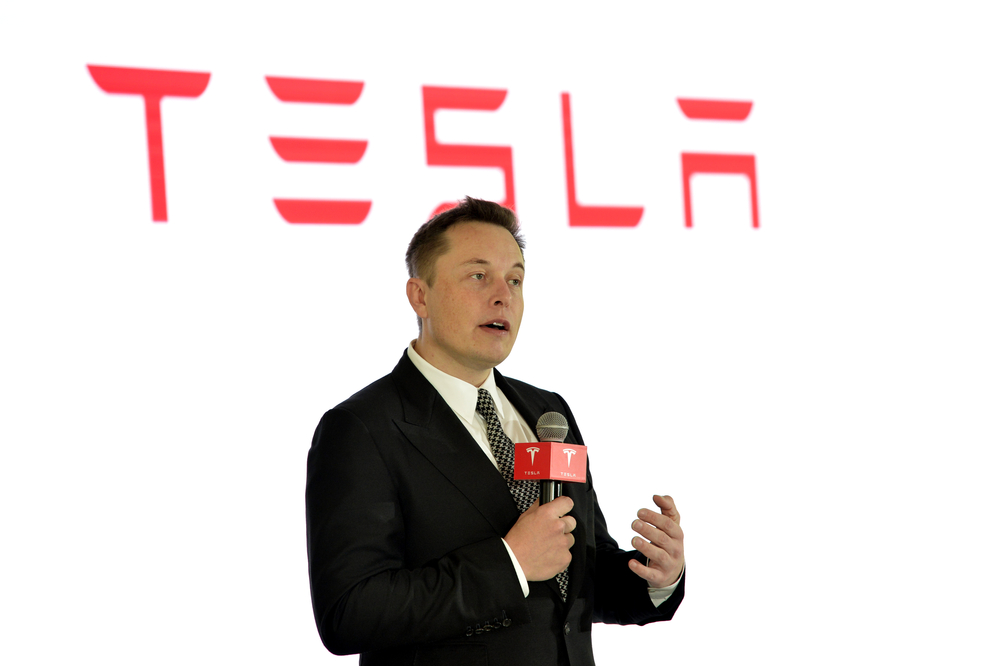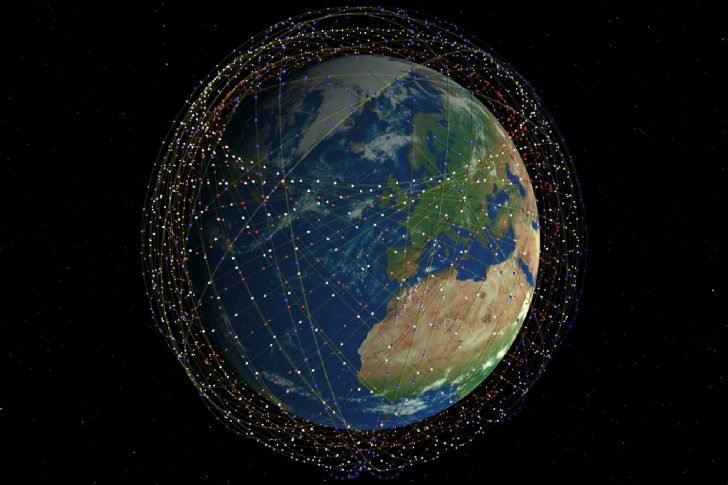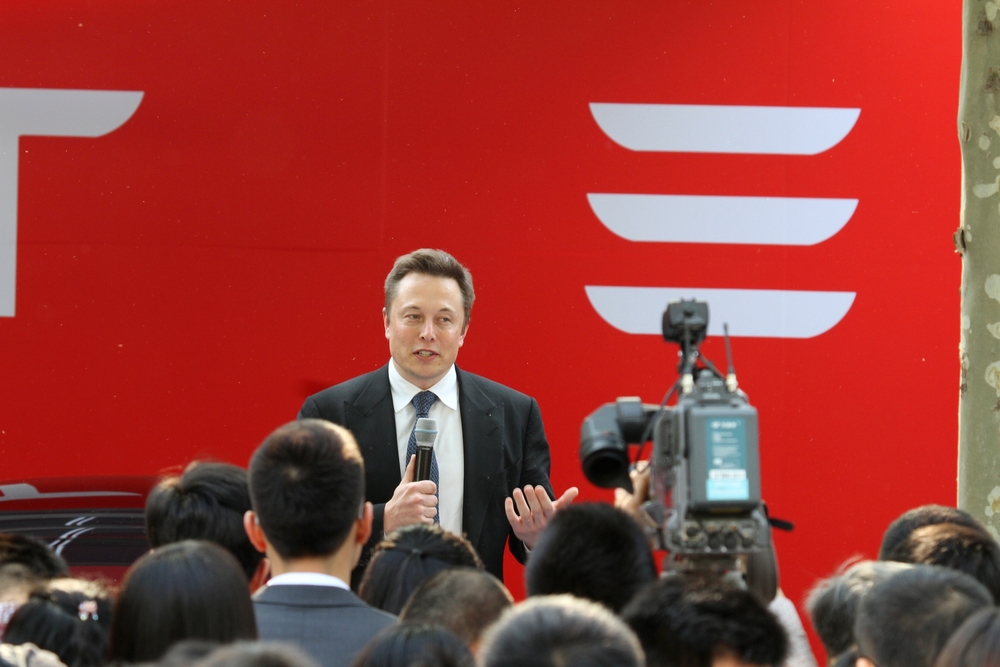The internet has become one of the necessities of humankind. With the aim of delivering rapid and low-cost internet system to the whole world, SpaceX has come with the plan to launch thousands of space crafts in low-Earth orbit.
Internet Versus Deep Space Research
As promising as it may sound, many concerns have been raised by astronomers and researchers after the first batch of the Starlink project set afloat to our night sky.
The Royal Astronomical Society fears that Starlink may compromise the study of the deep space, as well as our overall experience of evening star-gazing.

Elon Musk aims to provide a fast and cheap internet system by launching satellites into the low-Earth orbit
Starlink’s Impact on Astronomy
Since Starlink project’s satellites will float around our planet’s low orbit, measuring 1,200 miles from the Earth’s surface, astronomers voiced-out their worries on the impact of the project on their astronomical researches.
The deployed satellites are extremely visible in the sky which makes it hard for astronomers who use long exposure time methods in their studies.
With approximately five thousands of satellites orbiting the Earth now, it’s quite impossible to have a clear view of the space without the interference of the space crafts’ trail. Based on the Starlink’s viral images of its satellite constellation, the satellites display continual reflective flaring that adds up in light pollution as well.
Aside from that, ground-based researchers that use radio waves to send and receive data back and forth the Earth and space are gravely affected too. The Starlink satellites are getting in the way of the radio frequencies.
Caitlin Casey of the University of Texas at Austin’s astronomy department said that Starlink blocks the possibility to study the deep space by the satellites jamming with the distant gases’ data.

Elon Musk’s Focus is on the Greater Good
The CEO of SpaceX, Elon Musk, said in a tweet that Starlink project aims to help billions of people worldwide and suggested that telescopes must be sent into the orbit to solve the astronomers’ predicament. Although, he promised to make sure not to cause damage to discoveries in astronomy.

SpaceX’s CEO, Elon Musk, promises to cause minimal damage in astronomical research
How Will it Affect the Future?
Other network providers such as OneWeb, Amazon, and Telesat expressed their interest in launching more satellites with a similar objective as with Starlink’s. However, astronomers are begging these companies to communicate with scientists, engineers, and researchers to discuss the benefits of everyone.
One more distress of the astronomers is that, with thousands of satellites circling around the low surface of our planet’s orbit, this may critically alter with the night-sky’s view from the ground. Imagine the future generation seeing mechanical flares from the satellites instead of gazing the galaxy.
Astronomers are worried about the possibility that we may not see the constellation of the stars using our naked eyes in the future if we continue deploying thousands of satellites into the low-Earth orbit.

